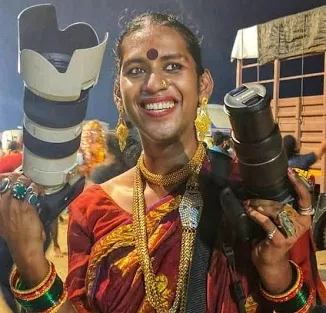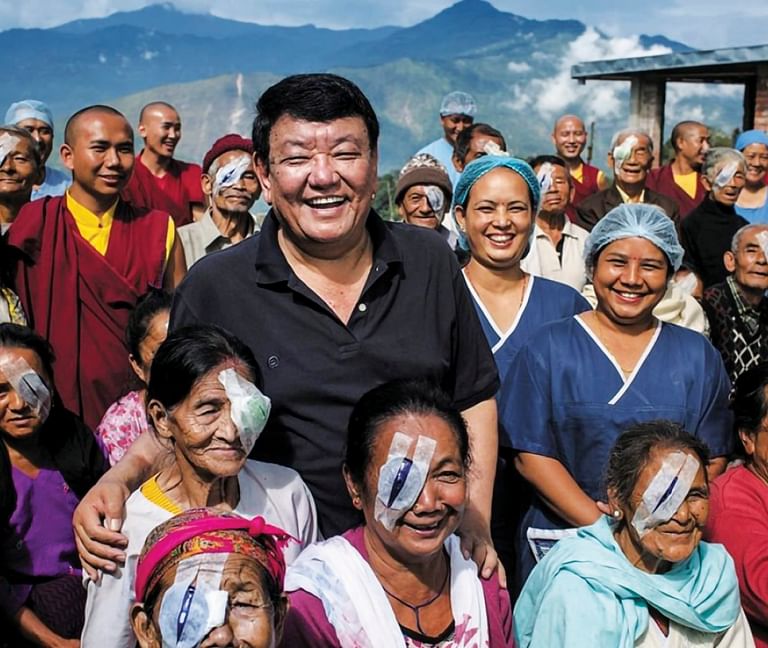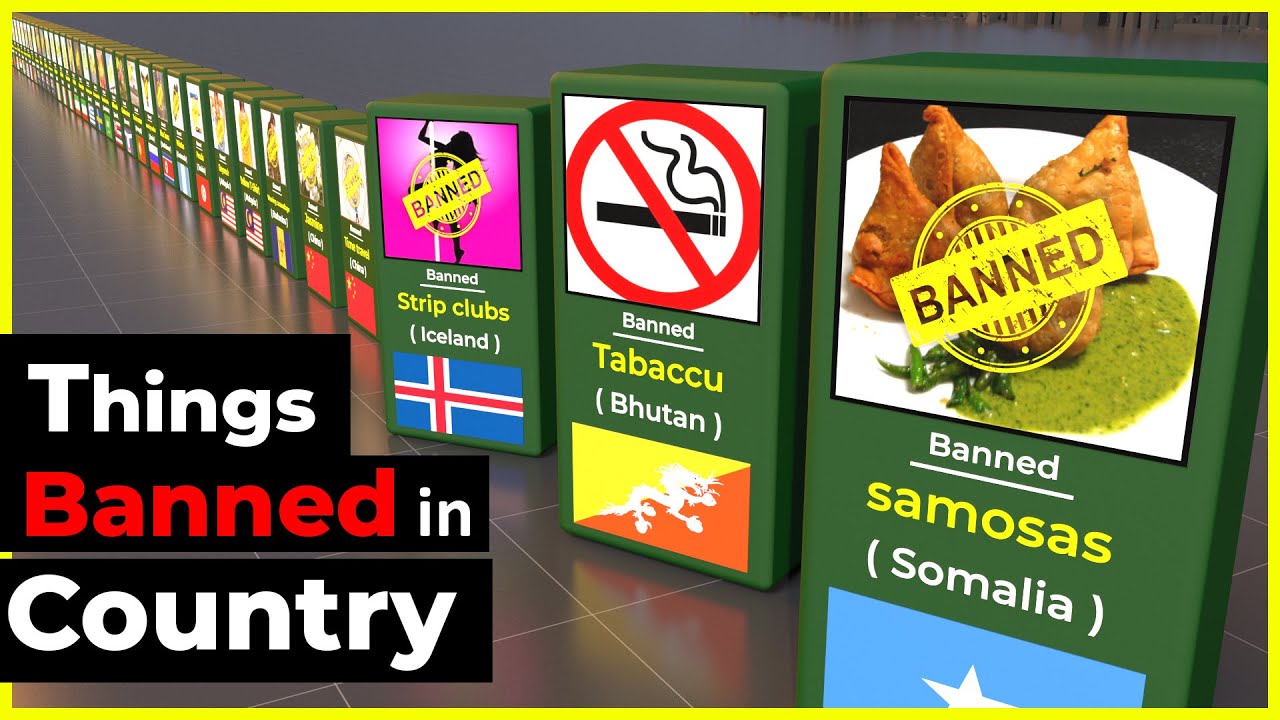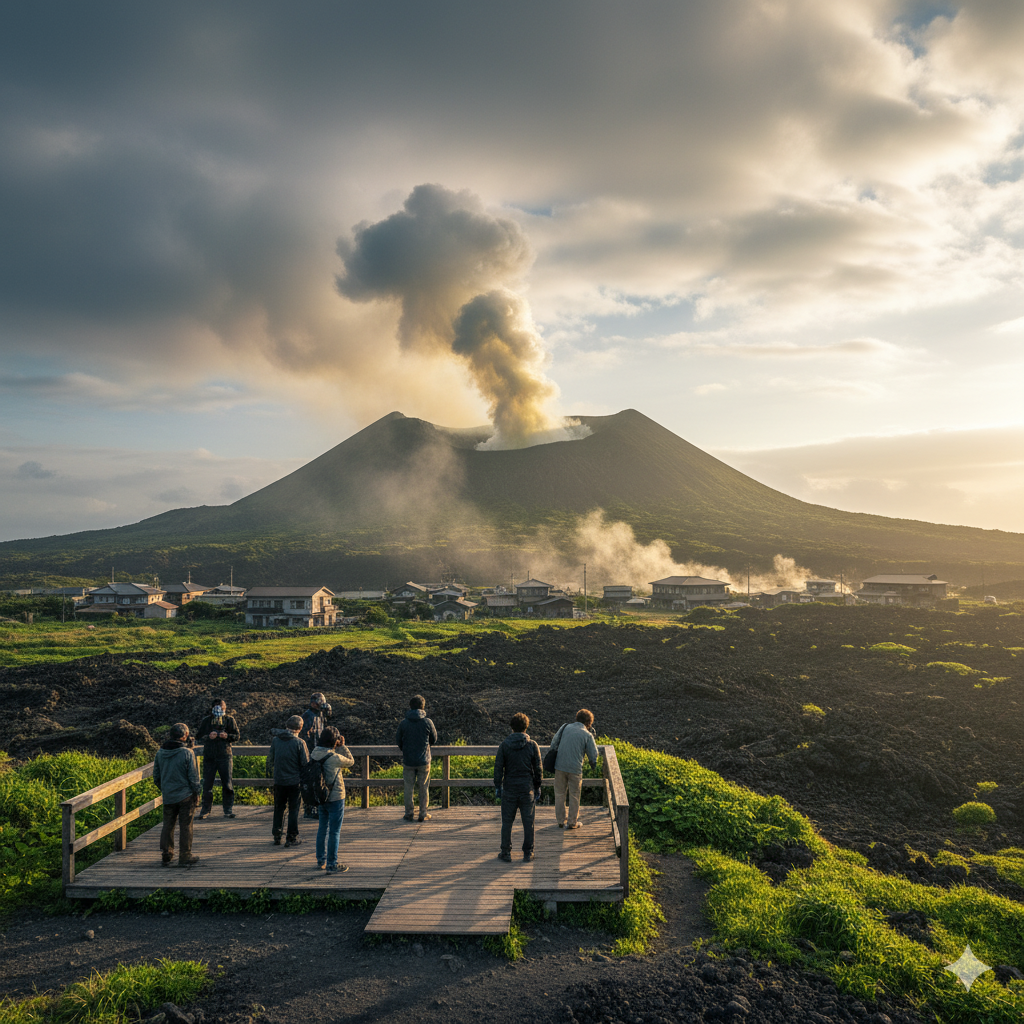In a world where opportunities often depend on privilege, what happens when someone who’s been pushed to the margins decides to pick up a camera and tell their own story? This is the remarkable journey of Zoya Thomas Lobo, India’s first transgender photojournalist. Her path is not just about breaking barriers—it’s about turning struggle into strength, and stigma into storytelling.
Born and raised in Mumbai, Zoya’s childhood was far from easy. With her father gone early and financial hardships piling up, she dropped out of school in Class 5. Like many trans women in India, she survived through begging on local trains and doing odd jobs—society offered little else. But behind all this was a dream: a fascination with capturing life through a lens.
The Turning Point
Determined to change her narrative, Zoya saved enough to buy a second-hand camera. Her first big breakthrough came when she voiced her frustration over trans representation in films—leading her to be cast in a sequel to the short film Hijra Shap Ki Vardan. Soon after, she began reporting and photographing community events, protests, and eventually, major national stories like the struggles of migrant workers during COVID lockdowns.
Struggles Along the Way
Even as her photographs appeared in news outlets, stability remained elusive. Prejudice followed her everywhere—people assumed her identity meant sex work, not journalism. Freelance opportunities came, but without a steady income, Zoya sometimes still relied on begging. Her biggest fight wasn’t just behind the camera—it was against society’s bias.
Recognition & Achievements
Despite the odds, Zoya carved her space. She is celebrated as India’s first transgender freelance photojournalist. Her work during the pandemic earned her visibility and respect. She has since been honored at photography events and featured in national publications, proving that storytelling has no gender.
What She Dreams Of
Zoya’s journey is still unfolding. What she wants most is simple yet powerful: a full-time role as a photojournalist, training opportunities for trans youth, and an India where talent is seen before identity.
Her story is more than one person’s fight—it’s a reminder that representation matters, and that lenses are meant to focus not only on the world, but also on those who’ve been invisible for too long.
Question for You: Do you think stories like Zoya’s can change how society sees the transgender community?




